Serve, Lead, Serve
*The term lead here applies to all of us regardless of job role or title.
We really do find ourselves in unique times. It’s still not clear what will happen over the coming weeks and months and so many questions are emerging. Alongside these questions I notice a growing feeling of guilt and anxiety.
Guilt about what isn’t getting done. Guilt about where your time and energy are going and not going. Guilt about feeling the feelings that arise despite being in a ‘better’ position than others.
Anxiety about how your school community is managing. Anxiety about how you are meeting the needs of your colleagues as well as children and young people. Anxiety about what next.
In short, we are all on a roller coaster of emotions and energies. One moment we think we are doing OK and the next we feel we are overwhelmed and drowning.
I want to keep this post short and simple, something you can consider and hopefully take some action on. I offer three questions for you to reflect on.
How are you serving yourself?
Self-sacrifice is not an option, you must make space for rest and renewal. Treat yourself with the same empathy and compassion that you do others.
To explore this further have a look at my earlier post or check out Claire’s videos on the hub.
How can you be the leader you would trust?
You don’t need to know everything, you can’t know everything. Trust comes from telling the truth. Acknowledge what is challenging and share what you know and what you don’t know. Sharing your own humanness and vulnerability is important, it give others permission to do the same. Trust is the glue that keeps your community together and is the foundation you need for whatever comes next.
Relational trust is built through the small moments rather than grand gestures. Thank goodness eh? More specifically the following four qualities are the cornerstones of relational trust:
Respect: engaging in social exchange with respect and really listening to each other.
Personal Regard: recognising the human being as well as the role we have in the organisation.
Competence in Core Role Responsibilities: being able to rely on one another to carry out our roles as part of a team or an organisation.
Personal Integrity: being able to trust that others will do as they say, being able to rely on each other.
(Bryk and Schnieder, Trust in Schools, 2002).
Not only is relational trust the glue within an organisation but it also builds resilience. Organisations with a high level of relational trust are more likely to take risks, to innovate and to persevere. In these uncertain times we need this glue more than ever.
If you know me at all, you will know I am fan of Brene Brown and I particularly love her concept of the marble jar of trust (Dare to Lead, 2018). She also emphasises that trust is built up in the small moments and over time, just like adding marbles to a jar. Some of our actions build trust and some take it away.
How are you putting marbles in the jar?
How have your opportunities to nurture trust changed in the shift from offline to online?
What small moments can you create this week to build trust?
How can you best serve your community?
Get really clear about what serving others well looks like now. What do you need to prioritise and what do you need to stop doing? This is both and individual and a collective action.
Do you have shared clarity about what this means at the moment? There is a danger we all assume we do and that we will therefore adjust our expectations of ourselves and others. Don’t assume, ask. Make it explicit and operationalise it – what does it mean in action? What will you do on a daily, weekly, monthly basis?
We need to shift our perceptions and expectations for ourselves and others.
“The courage to lead is the willingness to completely change our perceptions of how the world works.”
Simon Sinek, The Infinite Game, 2019
